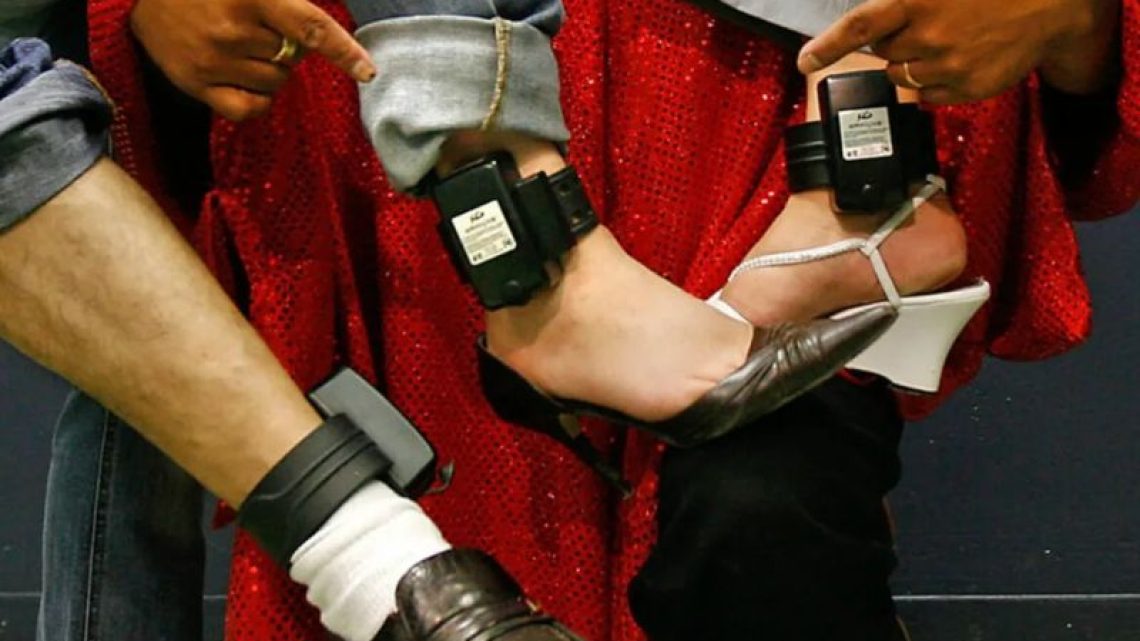
GPS Tracking Anklets in IIOJK: Surveillance under Guise of Security Measure
May 30, 2024 Off By Sharp MediaIn a controversial move, police authorities in Indian-illegally occupied Jammu and Kashmir have started affixing Global Positioning System (GPS) tracking devices to individuals released on bail. This practice, which critics argue violates privacy and personal freedom, has been recently highlighted with the case of an under-trial in Baramulla, who was released on bail after being booked under the Unlawful Activities Prevention Act (UAPA) at the Uri Police Station.
The police have defended this action by claiming compliance with a court order, stating that the GPS anklet is intended to monitor the movements of the under-trial. This justification, however, has done little to suppress the outcry from those who see this as another instance of overreach and excessive control by the authorities in the region.
The recent case in Baramulla is not isolated. The first reported instance of this practice involved Ghulam Muhammad Butt, a 65-year-old resident of Srinagar. Butt, who was also required to wear a GPS tracker around his ankle, represents the growing number of Kashmiris subjected to this form of surveillance. For many, these actions are reminiscent of punitive measures rather than genuine security efforts.
The use of GPS tracking devices on individuals granted bail under the UAPA has raised significant concerns. Human rights advocates argue that this form of surveillance infringes on fundamental rights to privacy and freedom of movement. The deployment of such technology is seen as a draconian measure that casts a wide net of suspicion and control over individuals who have not been convicted of any crime.
Moreover, the psychological impact of being constantly monitored cannot be understated. The presence of a GPS tracker serves as a constant reminder of surveillance, potentially leading to heightened anxiety and a sense of invasion. This approach to monitoring under-trials appears to undermine the presumption of innocence, a cornerstone of democratic justice systems.
The legal rationale provided by the authorities—that they are merely adhering to court orders—has not alleviated concerns about the broader implications of such practices. The implementation of GPS tracking devices in this manner suggests a troubling trend towards increased surveillance and control in Jammu and Kashmir. Critics argue that these measures contribute to a climate of fear and mistrust, further alienating the local population and exacerbating tensions in the region.
The international community and human rights organizations have called for a reassessment of these practices. There is a growing consensus that security measures must not come at the expense of basic human rights and freedoms. While the need for maintaining law and order is recognized, it is imperative that the methods employed are proportionate and respectful of individual liberties.
As the situation in IIOJK continues to evolve, the use of GPS tracking devices on bailed individuals stands as a contentious issue. It highlights the delicate balance between security and human rights, a balance that many argue is currently tipping too far in favor of state control at the expense of personal freedoms.

